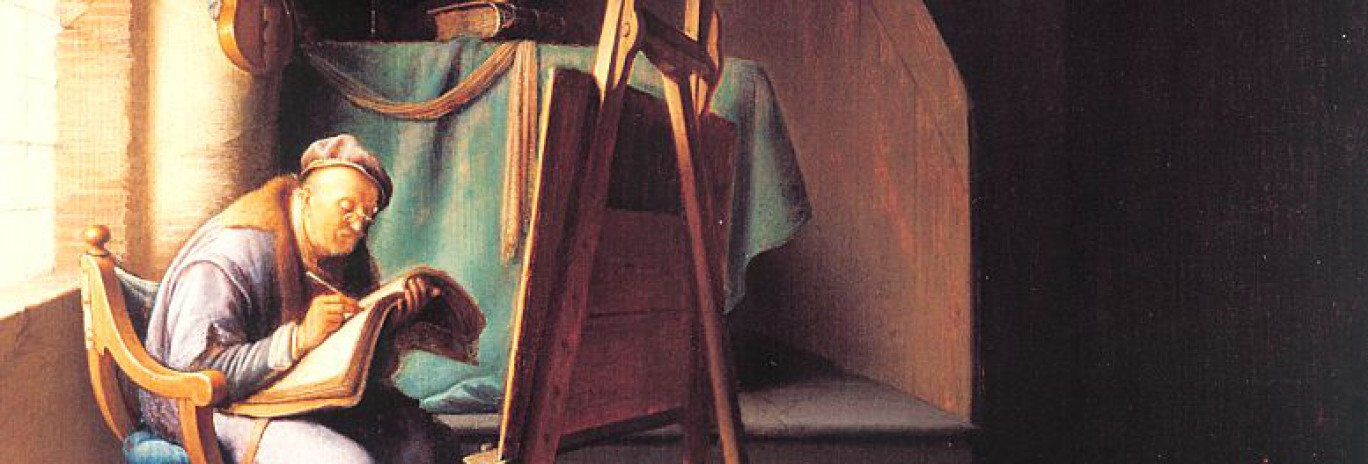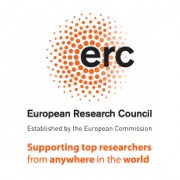Events
Gewina Dutch-Flemish Conference for the History of Science: ‘Towards a History of Knowledge’
On 21-22 June 2019 Gewina, the Belgian-Dutch Society for the History of Science and Universities, will hold its 8th biannual meeting in the Woudschoten Hotel & Conference Centre (Zeist). This two-day conference brings together historians of science, medicine, and technology; historians of scholarship and universities; and all those from other fields with an interest in the history of knowledge. The theme of this year’s conference is:
Towards a History of Knowledge
The Gewina Woudschoten Conference coincides with the launch of the Journal for the History of Knowledge, the new official journal of Gewina. The scope of JHoKserves to delineate the theme of the conference: JHoKis devoted to the history of knowledge in its broadest sense. This includes the study of science, but also of indigenous, artisanal and other types of knowledge, often seen as weaker than science, as well as the history of knowledge developed in the humanities and social sciences. Special attention is paid to interactions and processes of demarcation between science and other forms of knowledge. Contributions may deal with the history of concepts of knowledge, the study of knowledge making practices and institutions and sites of knowledge production, adjudication and legitimation (including universities). Contributions which highlight the relevance of the history of knowledge to current policy concerns (for example, by historicizing and problematizing concepts such as the knowledge society) are particularly welcome.The journal is explicitly global in scope. It offers a platform for publications that concern western and non-western cases, that compare western and non-western knowledge making practices or that show the connections between concepts and practices of knowledge in different parts of the globe.Its time-span is antiquity to the present.
Over the past years, scholars such as Peter Burke, Lorraine Daston, and Philipp Sarasin have made a plea for the emergence of a new field of study: the history of knowledge. This new discipline adopts the study of all types of knowledge, including those which fit less comfortably in the category of ‘science’. Examples include, but are not limited to, knowledge in the premodern era, in non-western cultures, and in the arts and humanities. The organizers specifically invited contributions that reflect on this new field: what is the history of knowledge? How does it relate to the history of science? What should it be? Should there be multiple histories of knowledge? What do we gain by adopting the history of knowledge? What are the potential consequences and risks? What role can digital methods play in developing the history of knowledge? Other proposals in the realm of the history of science, technology, medicine, universities, and knowledge were also welcome.



